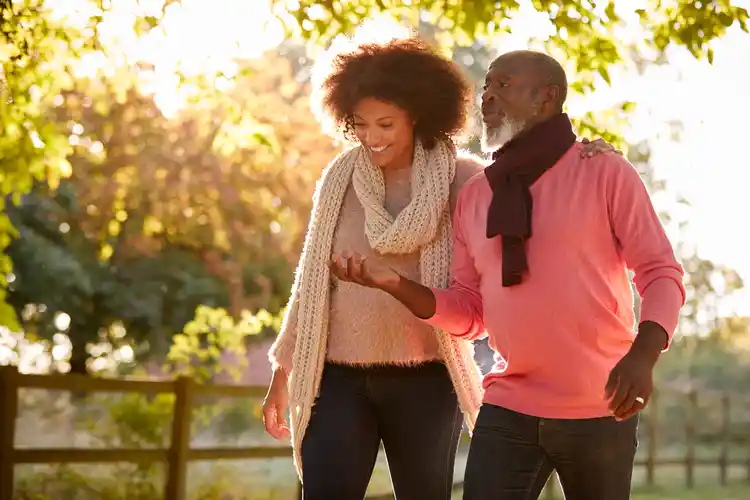Expert Defines: What is Herd Immunity? August

Hide Video Transcript
Video Transcript
DAVID ARONOFF: Infectious disease is spread when people are vulnerable to them and they are contagious. In other words, someone who's infected can pass it on to somebody else. Herd immunity is a really important concept, and it's pretty simple. It refers to the percentage of a community or a population that needs to be immune to some kind of germ to keep that germ from spreading from person, to person, to person.
If the people around the infected person are immune to that infection, then it has nowhere to go. There are no vulnerable people around. And herd immunity is basically telling us how many people in our community need to be immune, so that this SARS-CoV-2 virus that is spreading like wildfire stops in its tracks because it is failing to find vulnerable, susceptible, non-immune victims.
We don't have to look very far for really good examples of how vaccines have eliminated diseases or made them very rare through this exact phenomenon of herd immunity. We think of things like whooping cough, or polio, or measles, or smallpox, where enough people get immune to something, and the virus or the bacteria that causes that outbreak or those epidemics really dies in its tracks.
And right now, estimates for herd immunity to COVID-19 are somewhere over 70%. In other words, we really want 70% of our population or greater to have immune protection against the SARS-CoV-2 virus to end the pandemic. Now with vaccination, what we need to do is make it so that on average, if you get infected, it's actually really hard to spread it to another person.
It's either hard because you've yourself been immunized, and if you get infected, you're clearing the virus quickly from your body. You're not shedding very much virus. In other words, you're not very contagious. That really helps. And if many of the people around you are immune, it's harder for them to get infected from you.
And the beauty of this is that allows there to be a few people in your community who are not protected because the virus itself is still struggling to create a chain of transmission from person, to person, to person. And that's why we don't need 100% of people to be vaccinated, and we don't need our vaccines to be 100% effective. We just need at least 70% of the population to have strong protection to end the pandemic.
So first and foremost, get vaccinated to protect yourself. But we are all trying to encourage one another to get vaccinated, to create this human shield that really will protect people who are at very high risk of getting sick with COVID or dying and ending the pandemic through herd immunity.
If the people around the infected person are immune to that infection, then it has nowhere to go. There are no vulnerable people around. And herd immunity is basically telling us how many people in our community need to be immune, so that this SARS-CoV-2 virus that is spreading like wildfire stops in its tracks because it is failing to find vulnerable, susceptible, non-immune victims.
We don't have to look very far for really good examples of how vaccines have eliminated diseases or made them very rare through this exact phenomenon of herd immunity. We think of things like whooping cough, or polio, or measles, or smallpox, where enough people get immune to something, and the virus or the bacteria that causes that outbreak or those epidemics really dies in its tracks.
And right now, estimates for herd immunity to COVID-19 are somewhere over 70%. In other words, we really want 70% of our population or greater to have immune protection against the SARS-CoV-2 virus to end the pandemic. Now with vaccination, what we need to do is make it so that on average, if you get infected, it's actually really hard to spread it to another person.
It's either hard because you've yourself been immunized, and if you get infected, you're clearing the virus quickly from your body. You're not shedding very much virus. In other words, you're not very contagious. That really helps. And if many of the people around you are immune, it's harder for them to get infected from you.
And the beauty of this is that allows there to be a few people in your community who are not protected because the virus itself is still struggling to create a chain of transmission from person, to person, to person. And that's why we don't need 100% of people to be vaccinated, and we don't need our vaccines to be 100% effective. We just need at least 70% of the population to have strong protection to end the pandemic.
So first and foremost, get vaccinated to protect yourself. But we are all trying to encourage one another to get vaccinated, to create this human shield that really will protect people who are at very high risk of getting sick with COVID or dying and ending the pandemic through herd immunity.
